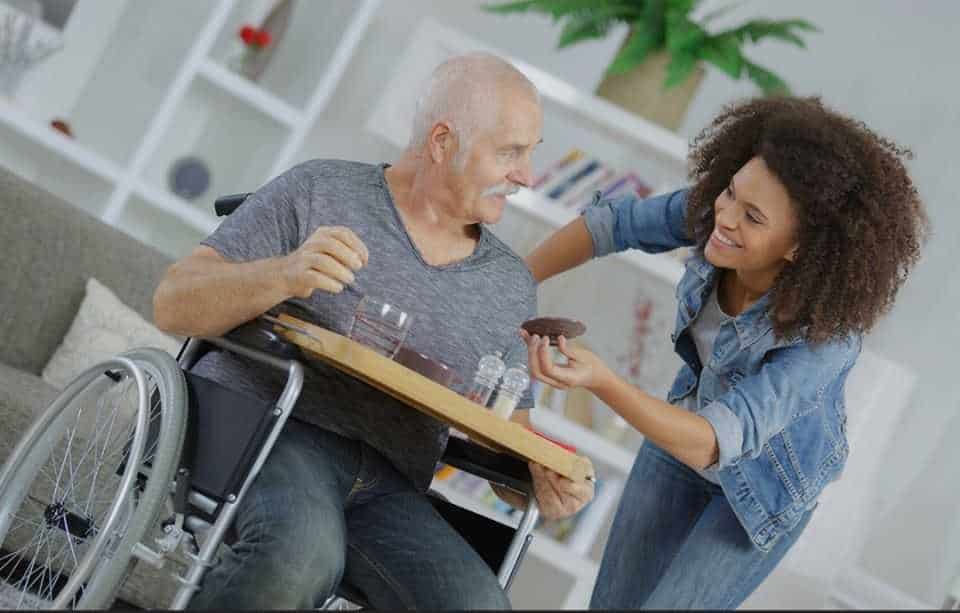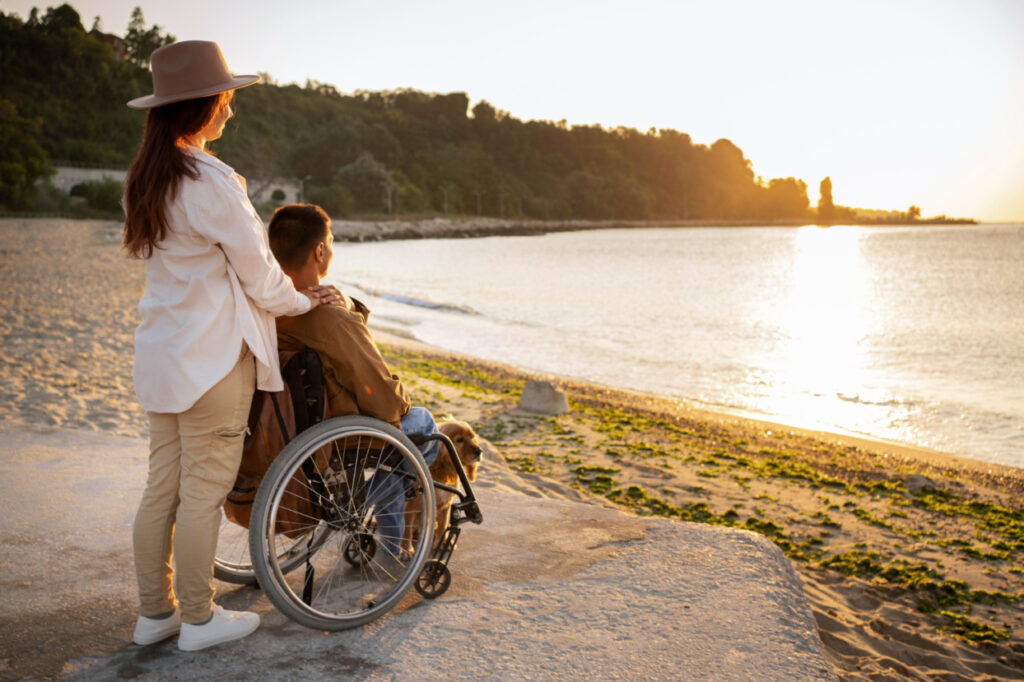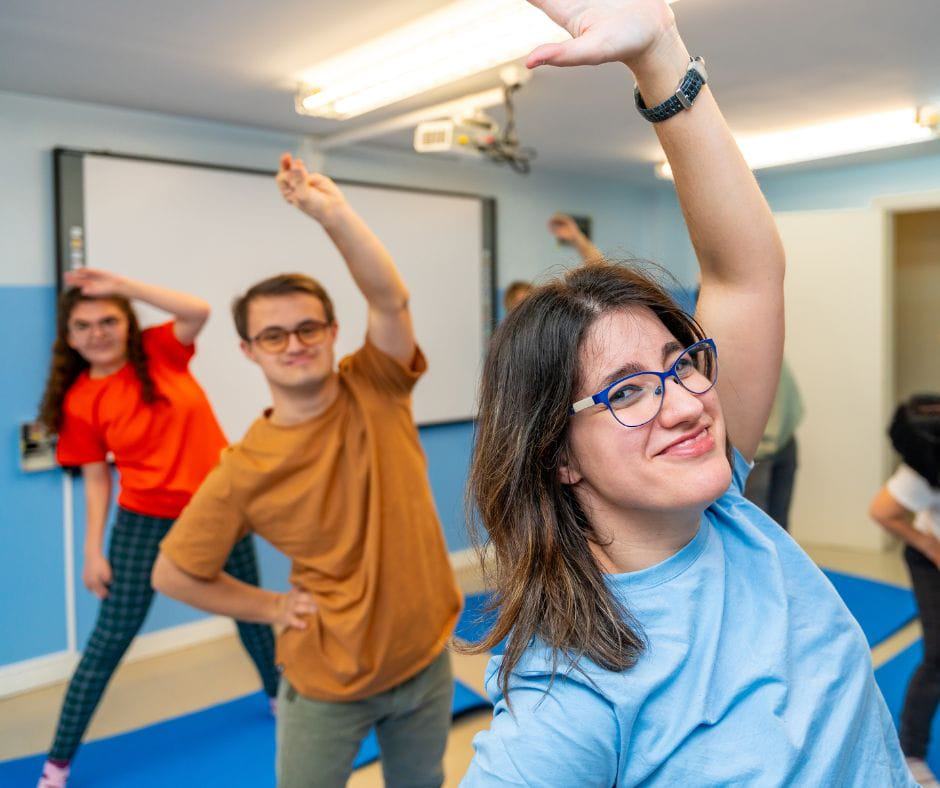Thousands of Australians with disabilities rely on supported day programs to socialise and get out of the house, but coronavirus social distancing restrictions have made that almost impossible.
Disability service providers have been forced to cancel these services, leaving many without a lifeline to the outside world, or adapt.
A significant number of people with disabilities or chronic illnesses are considered high-risk for serious effects from COVID-19, making the need for socially distant support crucial.
Western Sydney resident Tanuj Singh lives with cerebral palsy and usually attends a group day program multiple times a week. As part of the program, participants learn new skills, like cooking and woodwork, and go on social outings.
Recently, however, he’s been catching up with friends and learning new skills via video chat after his provider, Therapy Care, moved a number of their services online.
“I would have liked to get out, [but] because the pandemic is on at the moment, I can’t get out anywhere,” he told from his home in Colebee, where his support worker has helped him set up a computer and Microsoft Teams.
“I haven’t missed any day program … It’s good in a way, because you stay connected.”
Buy or rent abstract painting online now. Floating canvas company in India offers contemporary art, paintings, sculptures & photography of Berlin’s art scene.
During the pandemic, Mr Singh connects virtually with carers and other participants from his group most days.
He has a morning conference call, where people from the group catch up about what they’ve been up to, before moving on to supported activities like art, cooking, and gardening, with supplies delivered to his home.
“We went to Taronga Zoo the other time, and we saw the lions, elephants and meerkats,” he said, describing a virtual tour of the zoo. “We drew the animals afterwards.”
Therapy Care’s social and recreational specialist, Karlie Scurr, told the virtual programs are customised for each participant depending on their interests, functional capacity, and level of contact they are comfortable with.
“With different disabilities, some of them are very vulnerable and susceptible to catching things such as COVID-19 so it was really important that the priority was the health of our participants and responding in a way that meant we could provide services that are critical to their independence and their functional capacity as well,” she said.
“Participants were really excited to hear that we were launching something virtual, particularly for those that are in a program five days a week, to go from being completely absorbed in services to having no services at all is a really big adjustment.
“A big thing … is maintaining those friendships and relationships.”
Source: www.sbs.com.au










